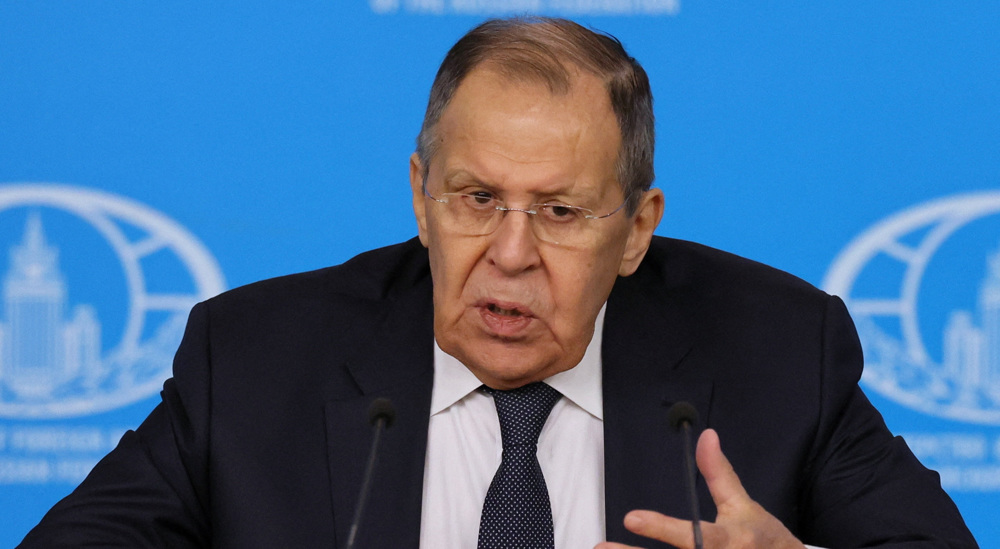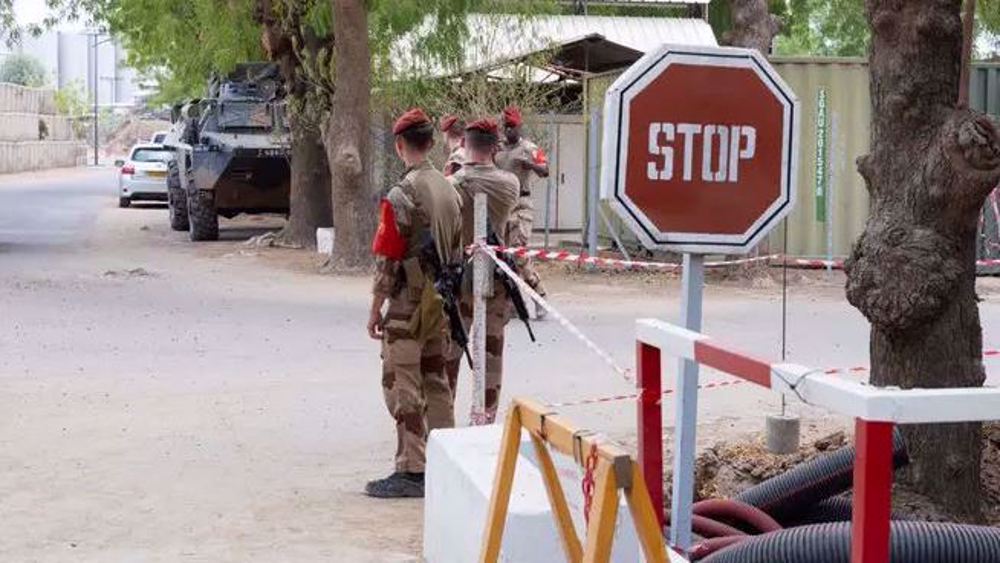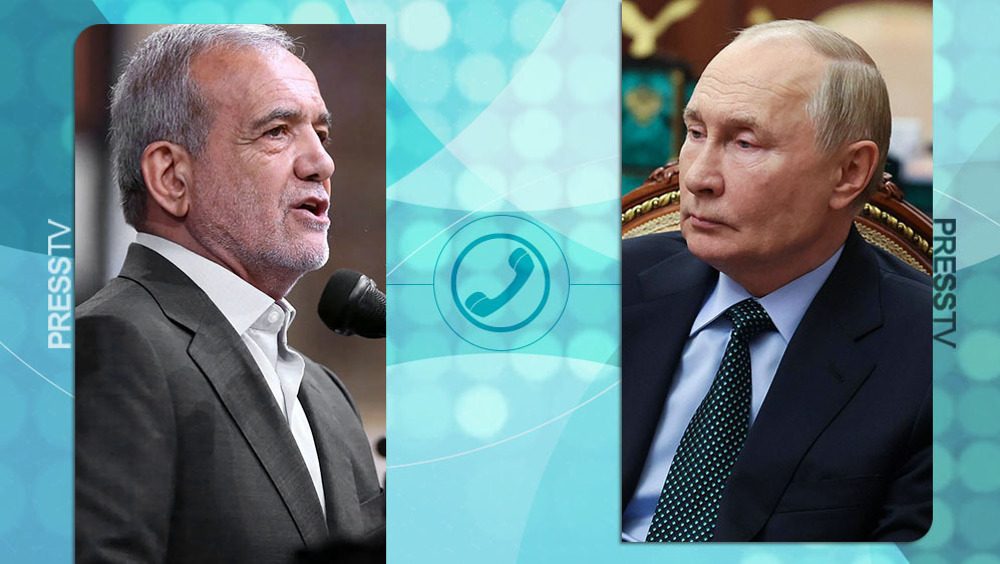Countries eyeing NATO arms, troops playing with fire: Russian envoy
A senior Russian diplomat says NATO’s increasing military presence in the region is “like playing with fire.”
"It should be no secret for our Western partners that any attempts to deploy any weapons potentially dangerous for Russia are like playing with fire," Alexander Grushko, Russia’s permanent representative to NATO, said on Friday.
Grushko stated that there is no justification for NATO’s military campaign in the region considering the current security conditions, stressing the fact that Russia has no intention to attack its neighbors.
"NATO has been losing the reason for its existence in the new security conditions when it has no big enemy… Serious people understand that Russia has no aggressive plans and cannot have such plans," he added.
The Russian diplomat further touched upon the clashes between the Kiev troops and pro-Russia forces in eastern Ukraine, saying the deadly conflict has saved “NATO from a perspective of political non-existence” and brought the alliance back to “the center of the European trans-Atlantic agenda.”

Elsewhere in his remarks, Grushko warned Europe against following Washington’s policies in the region, saying "projection of force" against Moscow would only result in a "collapse of all concepts about the construction of a joint security system based on cooperation but not confrontation."
"Today we, I mean the entire Euro-Atlantic community, are in a position when risks of returning to the Cold War schemes are running high and there are no signs so far that NATO might change this course,” he underscored.
Earlier in the day, Russian Foreign Ministry spokeswoman Maria Zakharova also voiced concern over Sweden’s plan to join NATO, vowing Moscow would adopt retaliatory measures in case Stockholm implements its controversial decision.

NATO-Moscow relations have been extremely tense in recent months. NATO and Kiev accuse the Kremlin of supporting pro-Russia forces in eastern Ukraine. Russia categorically denies the allegations, saying NATO is responsible for the flare-up in Ukraine.
The two mainly Russian-speaking regions of Donetsk and Luhansk in eastern Ukraine have been the scene of deadly clashes between pro-Russia protesters and the Ukrainian army since Kiev’s military operation started in April 2014 in a bid to crush the protests.
VIDEO | Trump fighting allies on Greenland
Iran FM: Selective respect for deals now haunting Europe
Arab rights group urges UK to sanction Netanyahu over 'incitement to genocide' in Gaza
‘Political, non-constructive’: Iran slams UNHRC special session on recent riots
Forced evacuations in South Gaza as Israeli military expands control over land
Iran reports steep rise in exports after forex policy shift
Iranian bank loans up 47.2% y/y in Apr-Dec
Macron slams Trump’s ‘bullying’ as US threatens tariffs, pushes Greenland grab










 This makes it easy to access the Press TV website
This makes it easy to access the Press TV website